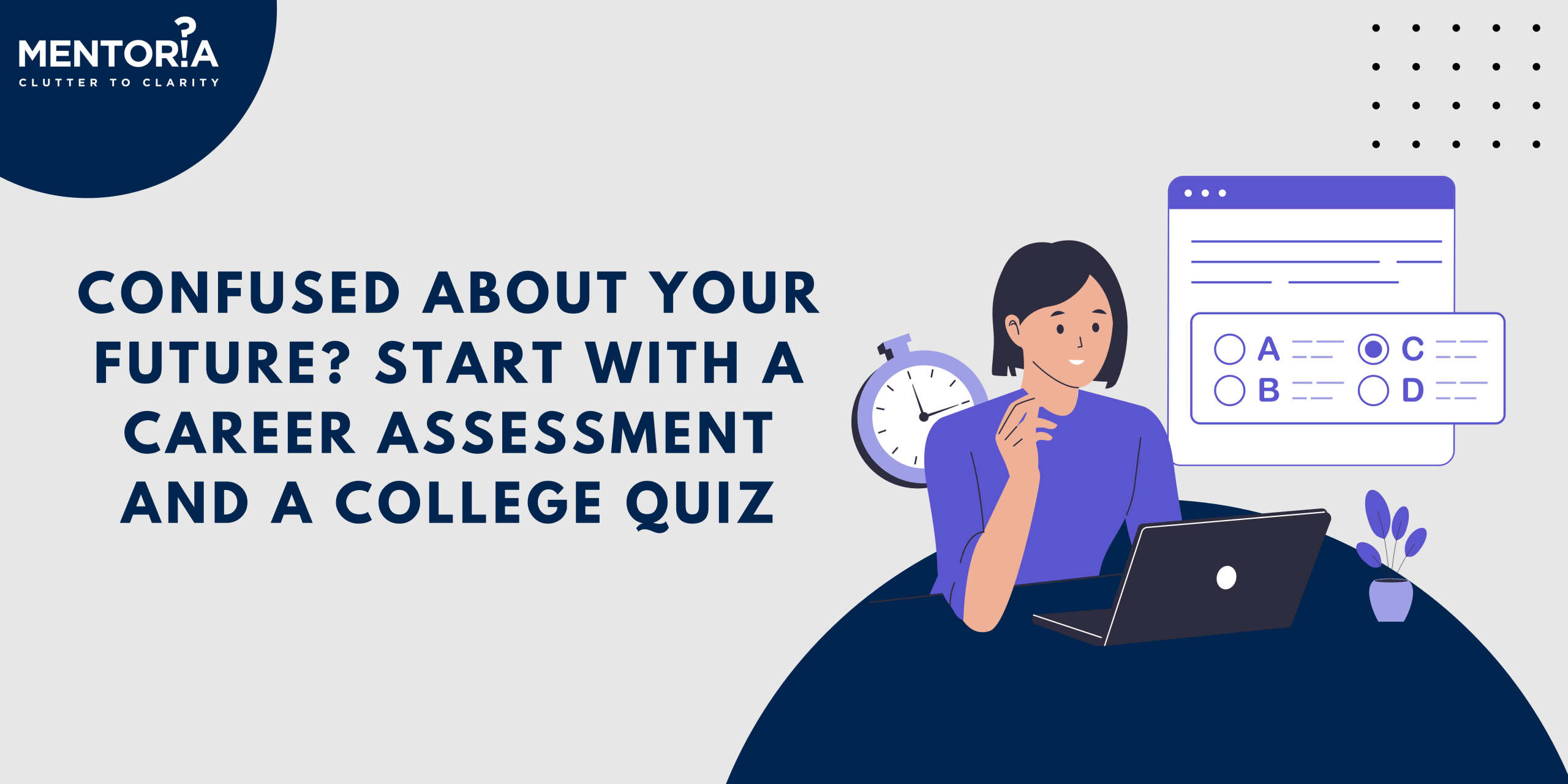From Tutoring to Mentorship: How Guided Support Builds Real-World Skills in Teens

Teenagers today face an increasingly complex world, academically, socially, and emotionally. In response, many parents turn to academic help, but not all support systems are created equal. While school and tuition classes provide knowledge, what teens often need is guided, personalised support that not only helps them succeed in exams but also equips them for life beyond school.
This is where the line between traditional tutoring and true mentorship begins to blur. When done right, private tutoring can evolve into a powerful form of mentorship, helping students build critical real-world skills that go beyond textbooks.
More Than Just Academic Support
At its core, tutoring addresses academic gaps: clarifying misunderstood topics, reinforcing lessons, and preparing students for assessments. But as the relationship deepens, a good tutor begins to play a bigger role:
- Identifying learning styles and tailoring strategies accordingly
- Helping students manage time and set goals
- Encouraging resilience and self-motivation in the face of academic pressure
These are the seeds of mentorship—a transition from reactive academic support to proactive personal development.
Building Confidence Through One-on-One Engagement
Many teens struggle with confidence, especially when they consistently underperform in school. A tutor who mentors can provide a safe, non-judgmental space for students to ask questions, admit confusion, and explore ideas without fear of embarrassment.
This relationship creates psychological safety—a key ingredient in building self-assurance. Over time, students begin to:
- Speak up more in class
- Take initiative in group work
- Approach problems with a growth mindset
Mentorship nurtures this by emphasizing progress over perfection and reinforcing the value of effort and persistence.
Real-World Skills That Emerge From Mentorship
The most effective tutors help teens build more than just knowledge. Through consistent, personalised engagement, students develop:
- Critical thinking: Analysing problems rather than memorising solutions
- Communication skills: Explaining their reasoning and defending their viewpoints
- Self-management: Setting goals, tracking progress, and self-correcting
- Adaptability: Learning how to cope with failure and bounce back stronger
These are precisely the skills teens need to thrive in higher education, future careers, and life in general.
The Role of the Right Tutor
Not every tutor becomes a mentor. The difference lies in approach. A mentor-tutor is invested not just in a student’s grades, but in their growth as a person. They ask deeper questions:
- What motivates this student?
- What are they afraid of?
- How can I help them grow in confidence and independence?
When parents seek private tutoring, it’s worth considering tutors who bring more than just academic credentials. Look for those with strong interpersonal skills, emotional intelligence, and a genuine passion for teaching.
Final Thoughts
In today’s competitive and often stressful academic environment, tutoring can (and should) be more than just a service to boost grades. When tutors step into the role of mentors, they have the power to transform how teens see themselves and the world around them.
By building trust, offering personalised guidance, and focusing on long-term development, tutor-mentors help teens build the habits and mindsets that lead not just to academic success, but to well-rounded, resilient adulthood.
And in a world that changes faster than any syllabus can keep up with, those are the skills that matter most.
For deeper insights into adolescent learning and motivation, the American Psychological Association offers practical tools for parents and educators. Similarly, the OECD’s Education GPS provides global data and analysis on student performance and educational policy trends.








